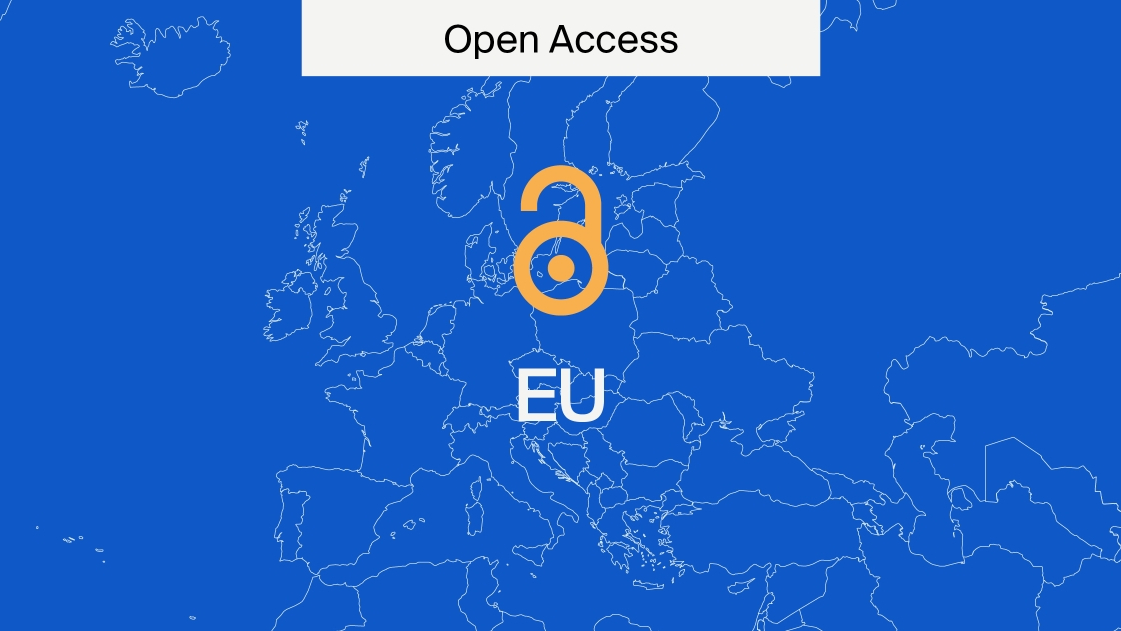
World Book and Copyright Day 2023
World Book and Copyright Day promotes literacy, languages, and the joys of reading. Established by the United Nations Educational, Scientific and Cultural Organization (UNESCO) in 1995, it’s since been celebrated on April 23rd.
This year, the key theme is Indigenous Languages, part of UNESCO’s Indigenous Languages Decade that began in 2022. To mark World Book and Copyright Day this year, let’s look at the ways that technology can help to promote literacy, the importance of recognizing indigenous languages, and the idea of copyright.
Literacy and income
As noted in a recently published paper,
“[Literacy] is the fundamental way and ability for people to acquire knowledge and develop skills for life in modern society.”
Encouragingly, the world literacy rate is improving. In 1820, the literacy rate of the world population from secondary school age on was at just 12%. The world literacy rate now stands at 87%, which is a huge improvement. However, there’s an uneven level of literacy across the world that is linked to level of income.
A report published by the UN education agency highlights the relevance of the Matthew effect in reading and literacy. The Matthew effect is fairly simple: named after the biblical passage Matthew 25:29, it states that people who have, get more, while those who don’t have, don’t. The report highlights that children in developing countries have less of a chance of ever owning a book, and children living in low-income neighborhoods in developed nations, such as the USA, also have limited access to books.
So, with reading, those who are able to read more are able to improve their literacy level, which has a compounding effect in all aspects of life, including access to education and jobs. When reading materials are scarce, people are less able to improve their literacy skills and they are then unable to access the advantages available to those with more advanced literacy skills. The report goes on to note that the
“[C]orrelation between wealth and book access can be seen in nearly every country on Earth and cuts across geographic lines.”
Finding ways to improve access to reading materials is, therefore, key. Fortunately, better access to mobile technologies can help to improve literacy rates in areas where books are unavailable.
Reading and technology
The increased use of technology across the world has spurred research on technology and education.
Online reading
Studies have looked at how to resolve issues that might crop up during mobile reading to improve the experience, in line with Sustainable Development Goal 4, which aims to ‘ensure inclusive and equitable quality education’.
Further, the Progress in International Reading Literacy Study (PIRLS), conducted by the International Association for the Evaluation of Educational Achievement (IEA), now includes e-learning materials within literacy assessments. Carried out every five years, the study seeks to assess the reading ability of fourth graders across the world. The stage at which “the change from learning to read to reading to learn” occurs. Referred to as digitalPIRLS, the study method assesses literacy in an online environment. Studies like this are important given the relevance of mobile technology today.
Although there are still certain obstacles to overcome, such as only 40% of the world population having access to the internet, mobile reading can help to boost literacy.
MDPI Books
Open access publishing makes research, including scholarly and scientific books, more accessible. As part of MDPI’s commitment to open access, the MDPI Books service offers an array of research books that can be accessed free of charge. Additionally, the service gives researchers the opportunity to showcase their work online in an open access format. Physical copies of books can also be published through the print-on-demand service, and are made available for purchase on the MDPI Books website.
MDPI’s published books cover a wide range of exciting topics and current research trends. If you’re a researcher interested in publishing your own open access book, fill out the easy-to-use Proposal Form to get started.
Indigenous languages
There are about 7000 languages that exist in the world today, and there’s a large proportion of people who speak indigenous languages. It’s therefore important that World Book and Copyright Day 2023 focuses on indigenous languages as its key theme.
The focus on indigenous languages is a promising step forward given that despite making up 5% of the world population, indigenous peoples account for 15% of the world’s extreme poor. Amnesty International note that discrimination is a key factor driving this specific poverty trend.
By promoting indigenous languages, and the cultures that stem from them, we encourage steps in the right direction. Increased research into indigenous languages can help to promote and platform indigenous voices, and ensure that indigenous languages are preserved. Check out the Special Issue “Australian Languages Today” to read more about indigenous languages in Australia specifically, and Languages for more research on indigenous languages from across the world.
What is copyright?
Copyright applies as soon as an intellectual work is created – whether it’s a novel, educational resource, film, or something else. It gives an individual or organization the exclusive right to copy, distribute, reproduce or record a creative work.
If the copyright to a major creative work is held by a certain person or organization, they can sell these rights. They can also share in the profits of adaptations made of these works.
Copyright law
A key factor of copyright law is the length for which it is held. Copyright law differs across different legal jurisdictions. For example, the copyright for written, dramatic, musical and artistic works lasts for up to 70 years after the author’s death in EU countries, the UK and the US, whereas in China it lasts for up to 50 years after the author’s death.
With generative AI tools becoming more common today too, the way we look at copyright issues is changing. Copyright legislation is likely going to take a while to catch up with the copyright issues AI presents. So, it’ll be an interesting area to keep an eye on.
Supporting world literacy
For World Book and Copyright Day 2023, UNESCO is partnering with Libraries Without Borders to provide books to vulnerable people. Donating to charities and supporting UN initiatives related to education and literacy are just a couple of the ways we can help to make a difference.











nice